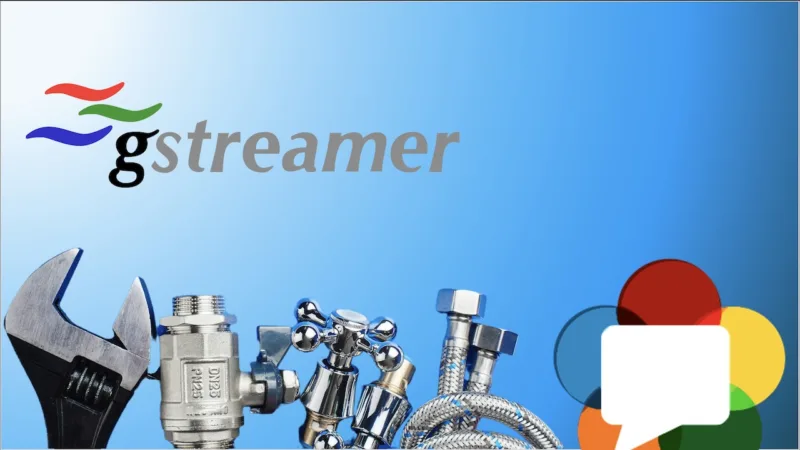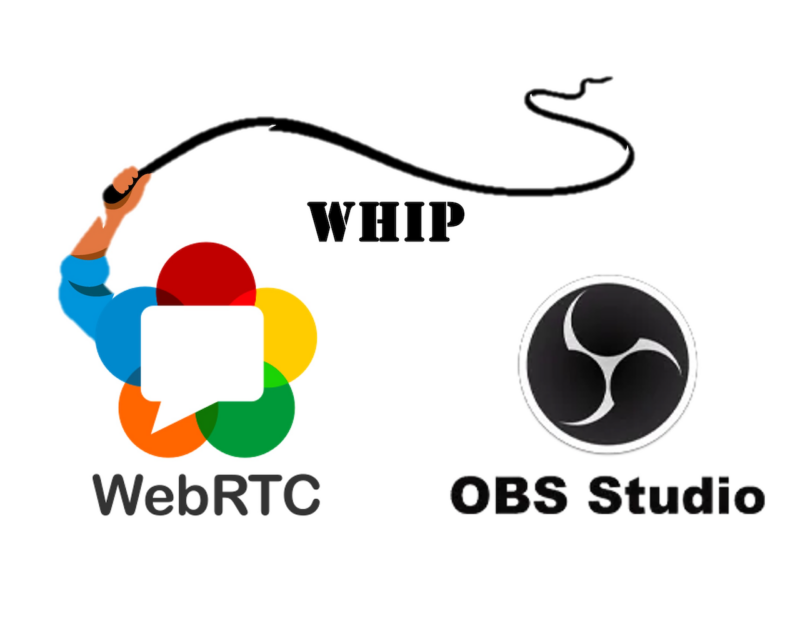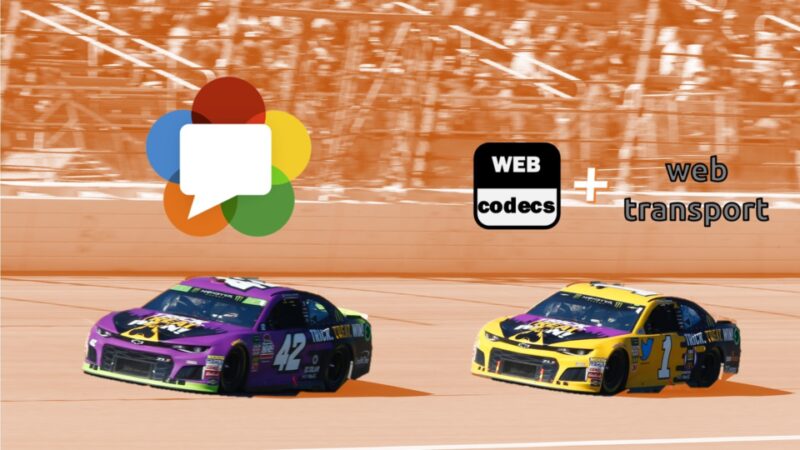GStreamer is one of the oldest and most established libraries for handling media. As a core media handling element in Linux and WebKit that as launched near the turn of the century, it is not surprising that many early WebRTC projects use various pieces of it. Today, GStreamer has expanded options for helping developers plumb […]
All the ways to send a video file over WebRTC
I am working on a personal Chrome Extension project where I need a way to convert a video file – like your standard mp4 – into a media stream, all within the browser. Adding a file as a src to a Video Element is easy enough. How hard could it be to convert a video […]
WebRTC cracks the WHIP on OBS
Open Broadcaster Software – Studio or OBS Studio is an extremely popular open-source program used for streaming to broadcast platforms and for local recording. WebRTC is the open-source real time video communications stack built into every modern browser and used by billions for their regular video communications needs. Somehow these two have not formally intersected […]
10 Years of webrtcHacks – merch and stats
webrtcHacks celebrates our 10th birthday today 🎂. To commemorate this day, I’ll cover 2 topics here: Our new merch store Some stats and trends looking back on 10 years of posts We have the Merch In the early days of webrtcHacks, co-founder Reid Stidolph ordered a bunch of stickers which proved to be extremely popular. […]
WebCodecs, WebTransport, and the Future of WebRTC
Explore the future of Real-Time Communications with WebrtcHacks as we delve into the use of WebCodecs and WebTransport as alternatives to WebRTC’s RTCPeerConnection. This comprehensive blog post features interviews with industry experts, a review of potential WebCodecs+WebTransport architecture, and a discussion on real-time media processing challenges. We also examine performance measurements, hardware encoder issues, and the practicality of these new technologies.






